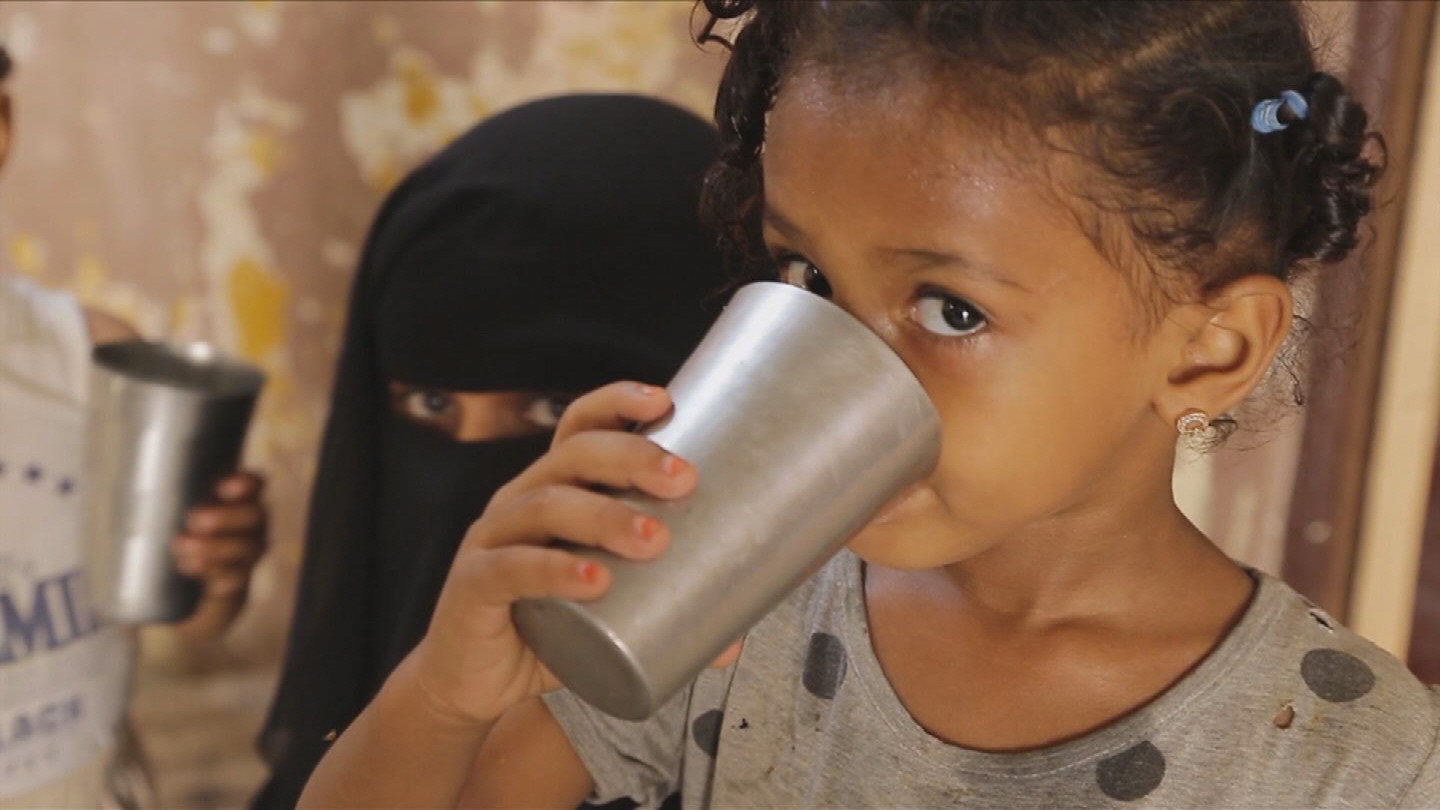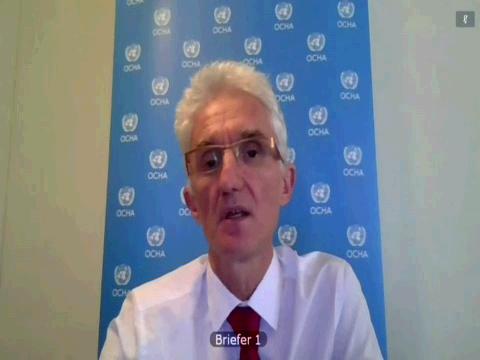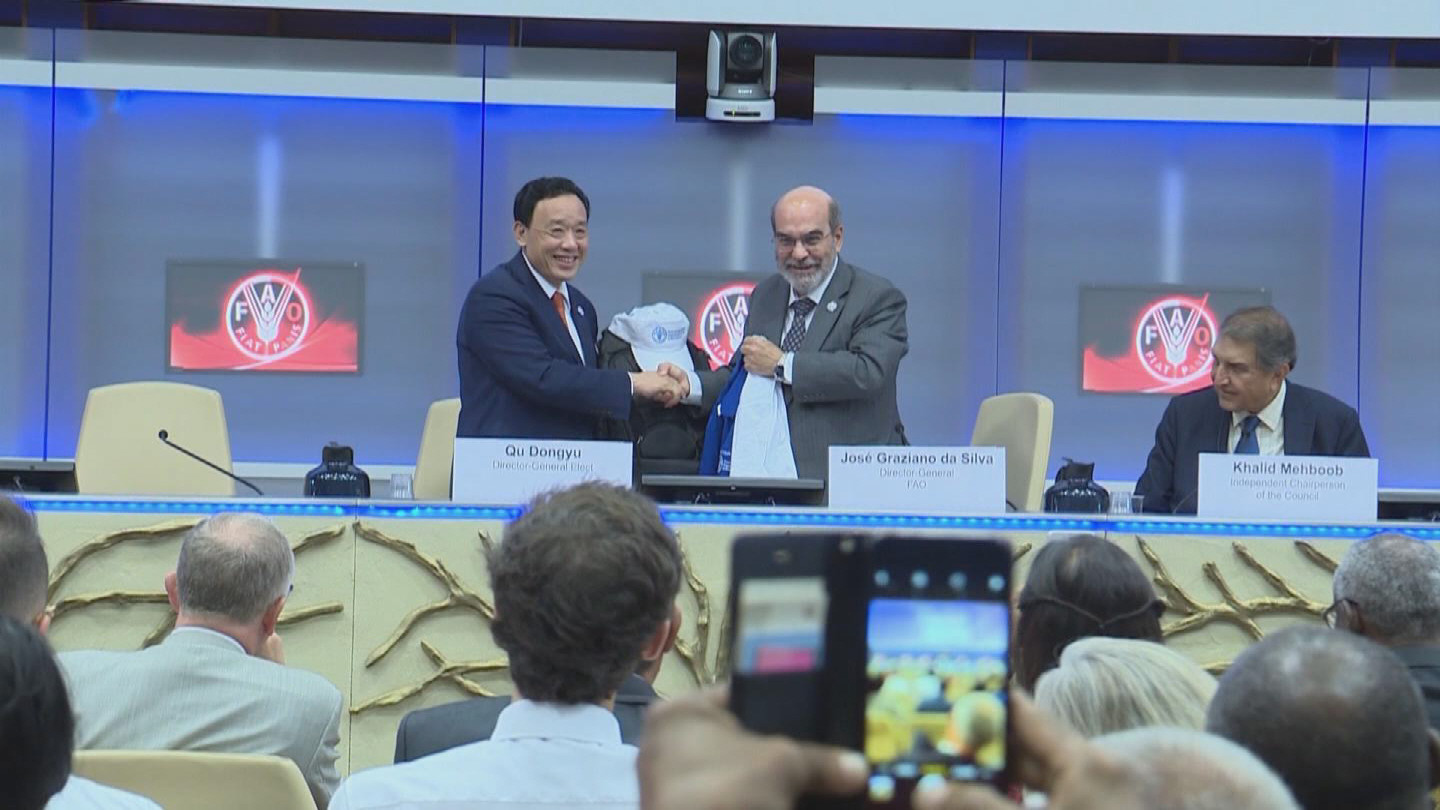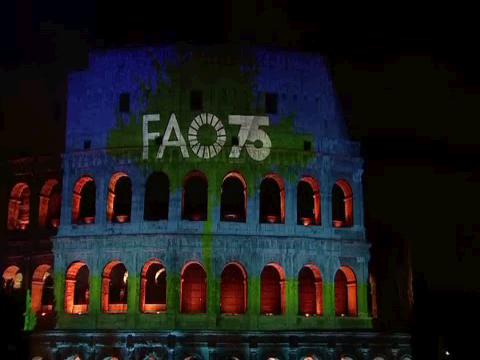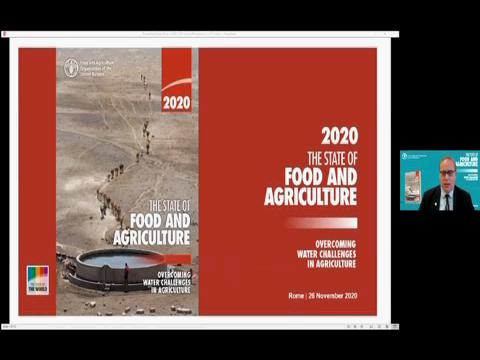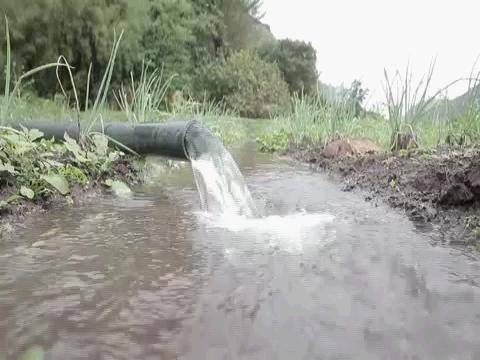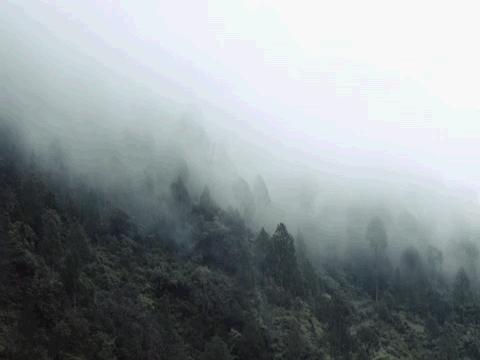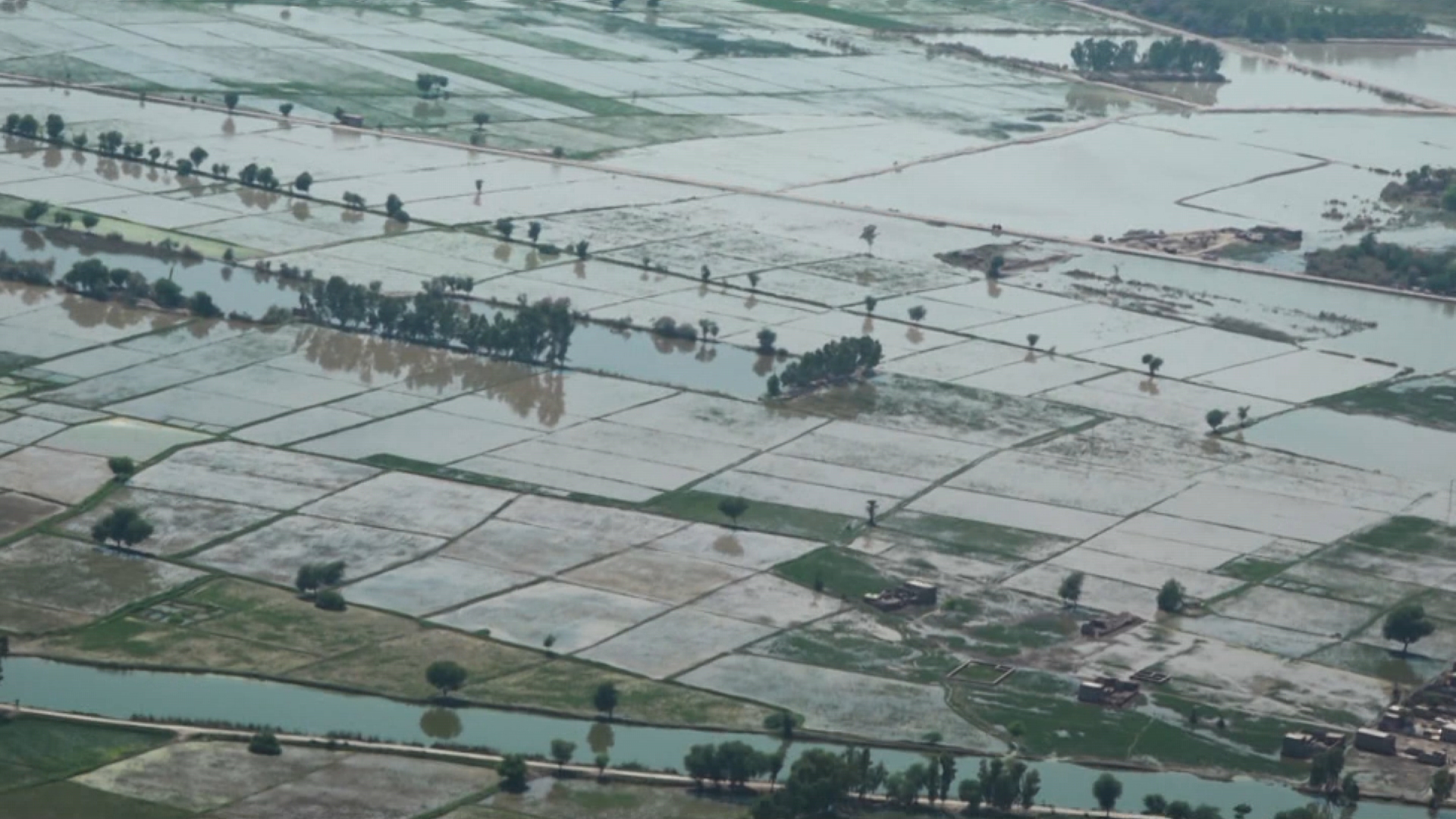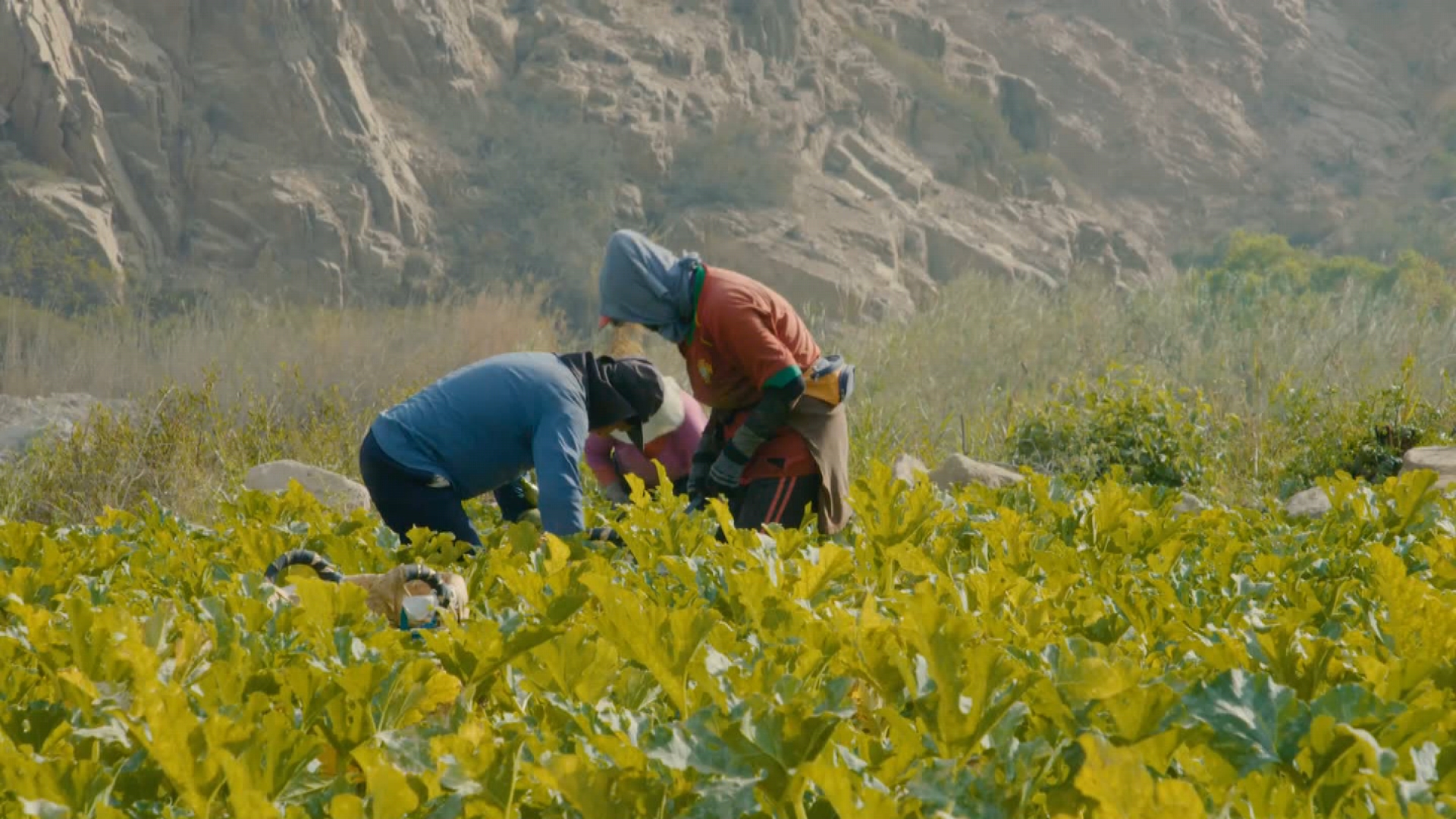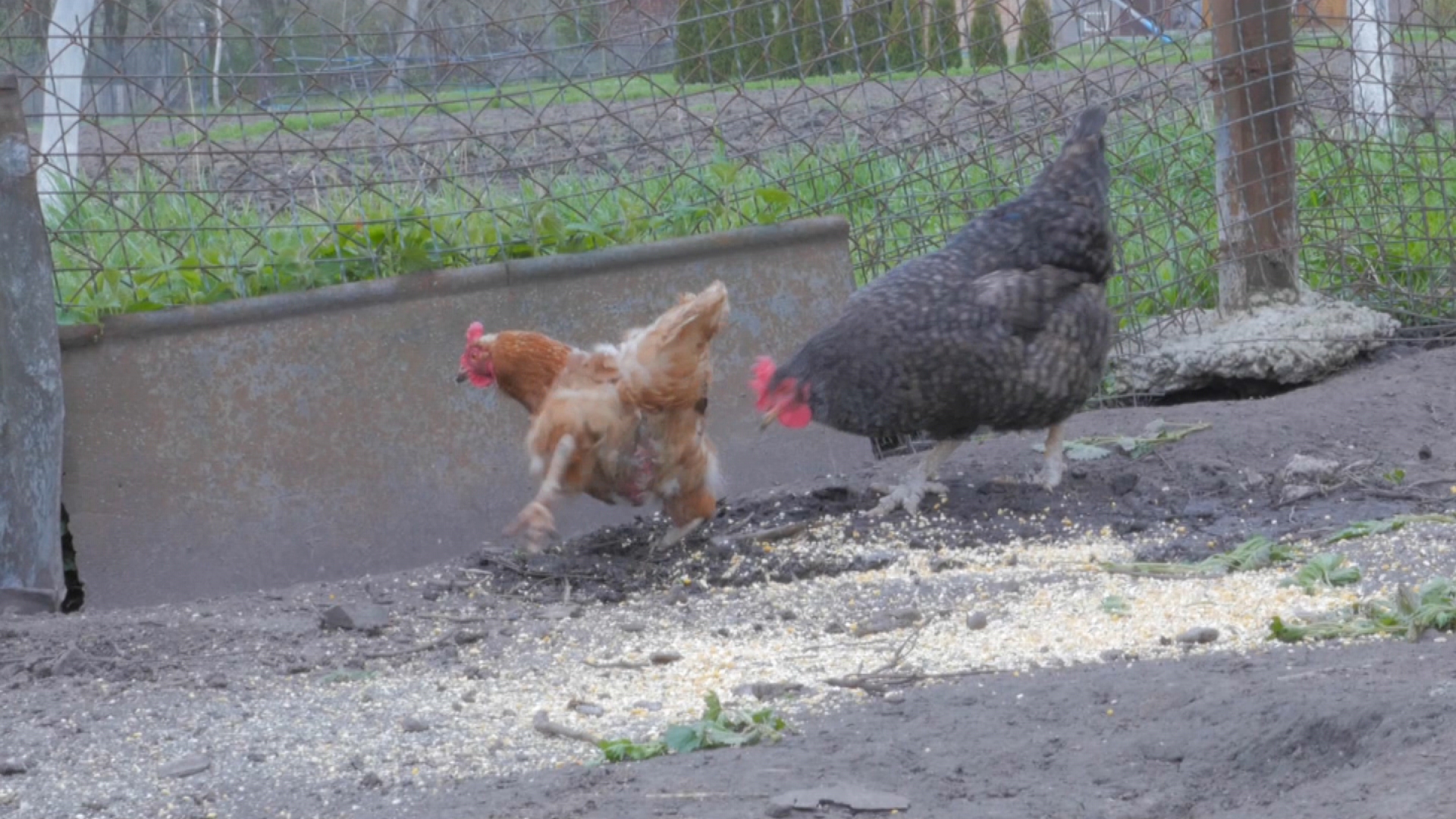NIGERIA / FAO DA SILVA
Download
There is no media available to download.
Share
STORY: NIGERIA / FAO DA SILVA
TRT: 02:15
SOURCE: FAO
RESTRICTIONS: NONE
LANGUAGE: ENGLISH / NATS
DATELINE: 07 APRIL 2017, BORNO STATE, NIGERIA
07 APRIL 2017, BORNO STATE, NIGERIA
1. Wide shot, FAO Director-General José Graziano da Silva arriving at farm
2. Med shot, Graziano da Silva walking in farm
3. Close up, Graziano da Silva
4. Med shot, women
5. Various shots, Graziano da Silva speaking to locals
6. Med shot, women
7. Wide shot, Graziano da Silva standing in field
8. Close up, Graziano da Silva
9. Various shots, women and children
10. Med shot, Graziano da Silva being handed tomatoes
11. Wide shot, press conference
12. SOUNDBITE (English) José Graziano da Silva, Director-General, Food and Agriculture Organization (FAO):
“We need to restore the livelihood for these people to come back to their homes, for these people to have conditions to come back to production, and not only live only on food assistance.”
13. Close up, water running from pipe in farm
14. Close up, man
15. Wide shot, José Graziano da Silva inspecting water facilities in farm
16. SOUNDBITE (English) José Graziano da Silva, Director-General, Food and Agriculture Organization (FAO):
“We are only one or two months ahead of the planting season. We need to start to prepare the land for planting, so the time to act is now.”
17. Various shots, people working in the farm
18. Med shot, tomatoes
19. Close up, tomatoes
20. Pan right, women carrying tomatoes
21. Wide shot, young men riding wagon
During a visit to north-eastern Nigeria, FAO Director-General José Graziano da Silva today (07 Apr) said failure to restore food production now in the Lake Chad Basin would lead to the worsening of widespread and severe hunger and prolonged dependency on external assistance further into the future.
Da Silva said there would be no substantial harvests until 2018 in the coming planting season was missed. He added it was imperative to immediately ramp up humanitarian assistance to hunger-threatened rural communities in the strife-torn region.
During his visit, Graziano da Silva met local farmers on several FAO supported farms in Gongolong and Old Maiduguri in Borno State, accompanied by the Nigerian Minister of Agriculture T.H Audu Ogbeh.
Insecurity in the Lake Chad Basin, which incorporates parts of Cameroon, Chad, Niger and north-eastern Nigeria, has resulted in the largest humanitarian crisis in Africa. The conflict north-eastern Nigeria alone had forced an estimated 1.9 million people to abandon their homes and their predominantly agricultural livelihoods. According to FAO, some seven million people across the Lake Chad Basin region risk suffering from severe hunger during the lean season and require immediate food and livelihood assistance.
FAO said it will provide over 1.6 million people with assistance from in the coming months across the most affected areas of the Lake Chad Basin region including through the distribution of cereal seeds, animal feed and the provision of cash transfers and veterinary care. Da Silva said, “We are only one or two months ahead of the planting season. We need to start to prepare the land for planting, so the time to act is now.”
